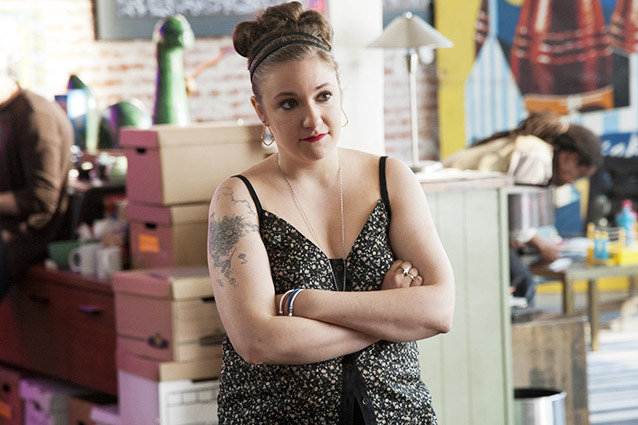
On March 10, 2014, Lena Dunham tweeted a joke about molestation in response to criticism about her on-screen nudity. “You don’t always have to get naked,” one Twitter user said, to which Dunham responded, “Please tell that to my uncle, mister. He’s been making me!”
Dunham has since deleted and apologized for the tweet after other Twitter users deemed it offensive and inappropriate. My purpose here isn’t to suggest that Dunham deserves more criticism, because she doesn’t. Instead, I believe that the response to Dunham’s tweet is indicative of a culture in which celebrities are too often scrutinized and shamed for what they say. The debate about whether or not certain topics should be joked about and who should be allowed to make these jokes has existed for decades. However, in the age of social media where celebrities are quickly called out for offensive remarks on Twitter and then tried for these remarks in the media, the question needs to be asked again: What responsibility do celebrities have to the public, and how mindful should they be about their words?
This question is especially relevant because certain celebrities get away with offensive remarks and others do not. Comedian Louis C.K., for example, uses the “N word” and other offensive terms in one of his stand-up specials in 2008. Since C.K. is a comedian, and one that many consider to be among the best in the business, he is granted more freedom with his words than, say, a politician.
Meanwhile, another comedian Michael Richards infamously made racist remarks in a stand-up comedy show in 2006, and this incident ruined his career. Why does one get a free pass and the other not? Does it come down to who’s funnier, or is there something else going on?
Most of it, I think, depends on the particular person involved and the particular situation in question. C.K. has made a career of finding humor in offensive language, whereas Richards is known to most audiences for the sharp but network-friendly Seinfeld. In other words, we expect C.K. to be provocative but we don’t see it coming from Richards. C.K. and Richards are just two of many examples one can use to highlight this discrepancy.
Dunham rightfully isn’t being punished in the court of public opinion for her tweet about molestation because her apology reminds us that she’s a feminist who supports rape victims. And good for her, but is it possible to live in a world where a celebrity like Dunham can understand rape is a horrible thing and yet still find humor in it? Why must she be pressured to apologize in order to be admired, and why do other celebrities make similar remarks without receiving backlash and pressure to apologize? Moreover, how do we come to terms with the many celebrities who have apologized and still remain blacklisted in Hollywood and guilty in the public’s eyes? I don’t have the answers, but there’s a problem when some celebrities are punished and others aren’t for using similar offensive language.
What do you think about Dunham’s joke? Cast your vote below.


